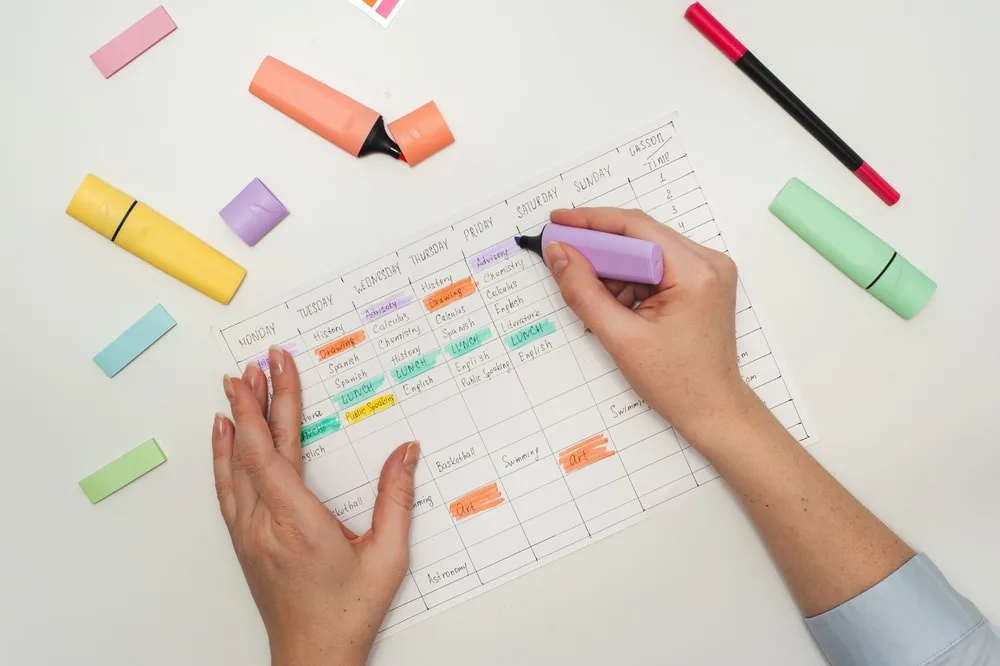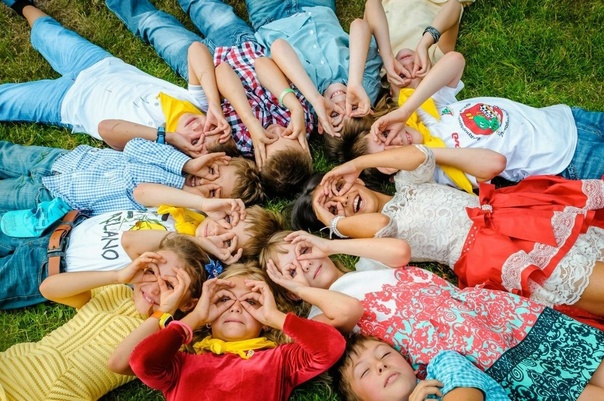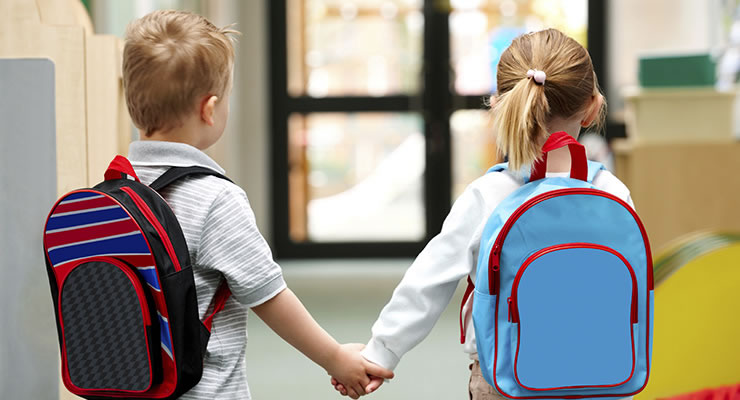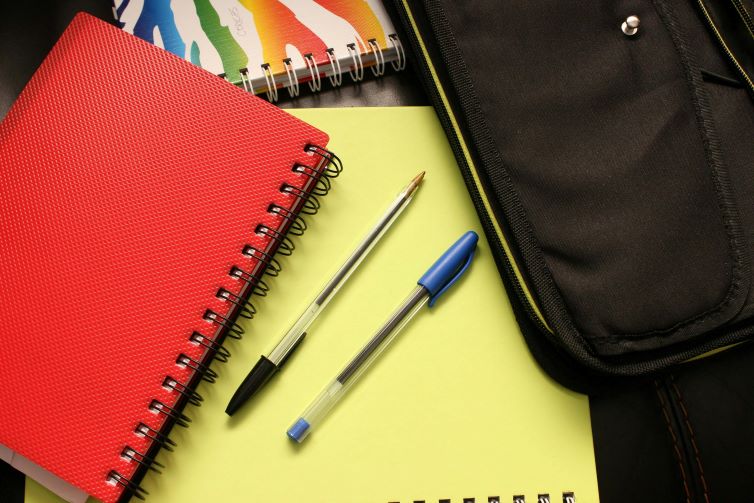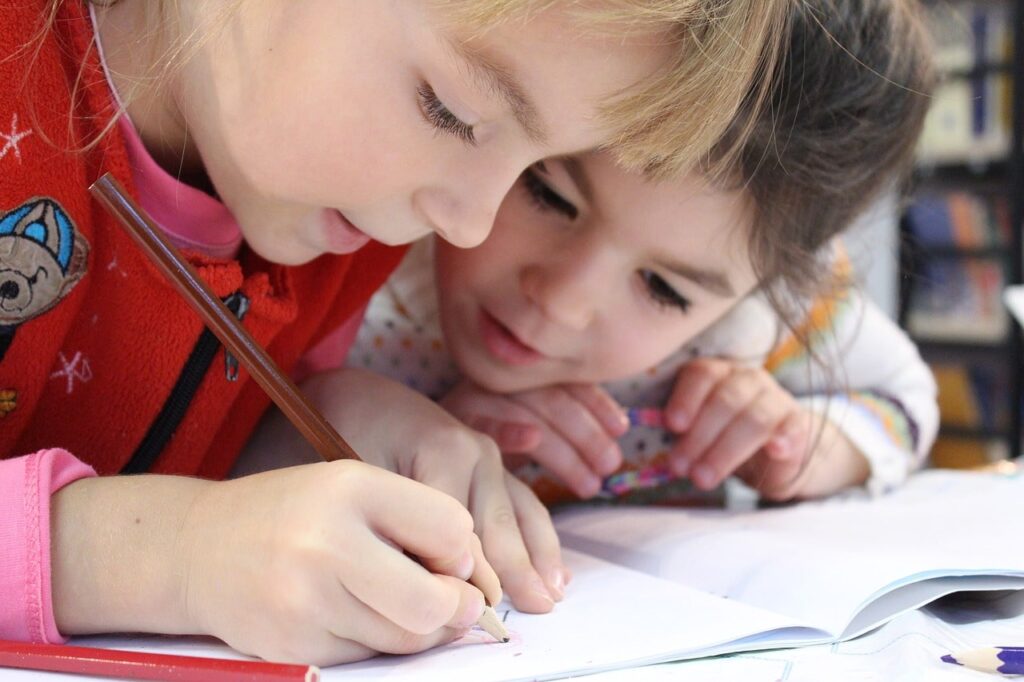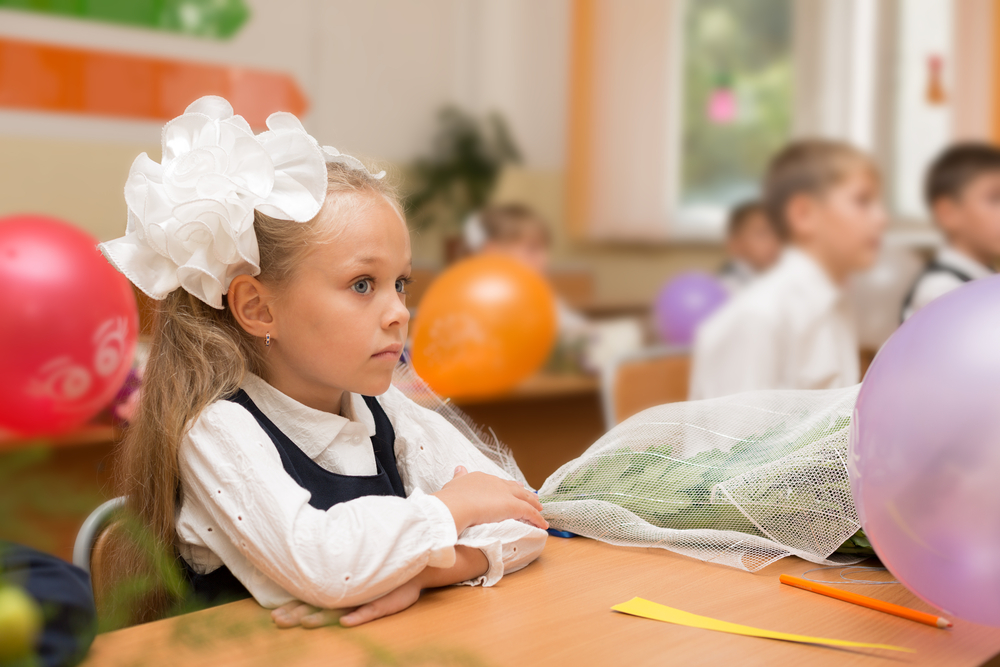
Starting from the new school year, parents in Moldova will be able to donate money to kindergartens or schools officially and directly through the government’s MPay electronic payment system. According to a project prepared by the Ministry of Education, these donations will be voluntary and anonymous. Here’s how the system will work and why the ministry is urging parents to stop transferring money to schools through associations.
New Regulation
The draft regulation regarding the new mechanism for collecting school donations will be discussed at the government meeting on July 17. The project, prepared by the Ministry of Education, is officially named “Regulation on the Use of Donations in the Form of Financial Resources by Educational Institutions.” It will apply to all public educational institutions: from kindergartens to high schools.
It is expected that individuals and legal entities who wish to donate to schools will be able to do so through the MPay government electronic payment system. Donations will be a voluntary and free initiative, open to everyone, not just parents of students.
School Donations – Now Through MPay.
To receive donations, schools and kindergartens will need to open an account with the treasury. Information and reports on the collected donations will be published on the institutions’ websites (if available) or on informational panels.
Additionally, kindergartens and schools will need to report on how they used the collected donations. According to the draft regulation, the money can be spent on material equipment for educational institutions or on professional training for teachers and educators.
Investment Planning by Schools
The new regulation offers parents a legal, transparent, and anonymous way to donate money to educational institutions strictly on a voluntary basis. School administrations will not have access to information about who sent the donation. Additionally, school management will be required to present an investment plan at the beginning of the year, which will include the expected donations.
Schools that receive these donations must plan them at the beginning of the year, include them in the budget, discuss with parents and the administrative council, present an investment plan, and explain to the school community why these resources are necessary. After this, they can start the collection procedure and report on the expenses at the end.
The state will monitor how schools spend donations. All these donations will be transparent, so it will be possible to see the exact amount of donations for each institution and how the funds were spent. This information will be visible in the Ministry of Finance’s information system. The educational institution can be checked by the tax inspectorate, which will bring a higher level of responsibility in the use of donations.
To assist parents in making donations, a step-by-step guide has been prepared on how to process a donation to a particular school.
End of Parent Associations?
The new donation mechanism will bring transparency and accountability to the school payment system. Currently, schools are funded through parent-teacher associations, creating a paradoxical situation where the state provides education through the state budget, while parent associations officially fund the education sector.
The Ministry of Education urges parents to stop donating to schools through parent-teacher associations, mentioning that there are many questions about how these associations manage the collected money. Although there is no legal possibility to ban such associations, as they are non-governmental organizations, the state cannot prohibit the activities of a public association. The appeal to parents and schools is to stop using these associations to support the school and to use the government system to achieve the desired level of transparency and anonymity.
The explanatory note to the new regulation also emphasizes that parent associations have not managed to build strong organizations that work strictly according to the law. The phenomenon of co-financing school activities through parents is more widespread in Chișinău than in other regions of the country.
